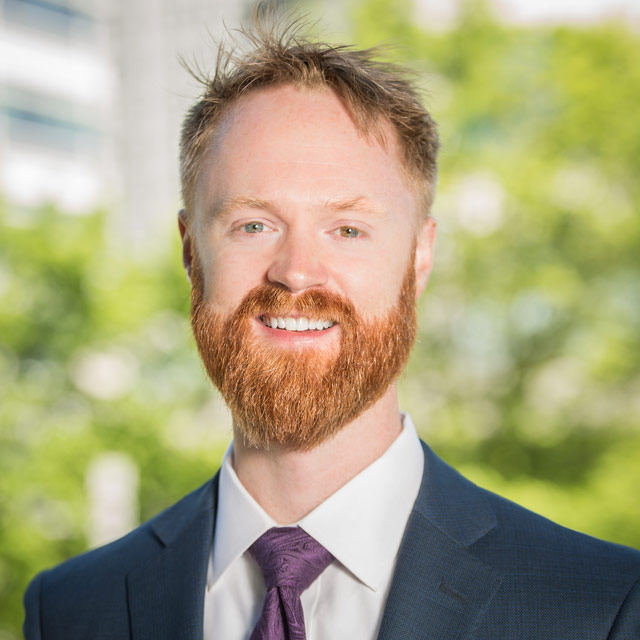
In our practice as North Carolina Disability Laywers, we are often asked: “What is considered a disability?” Although we have answered that question before on this blog , we thought we’d revisit it since it’s asked frequently.
We’ll start as we always do with Social Security’s definition of a disability:
“The definition of disability under Social Security is different than other programs. Social Security pays only for total disability. No benefits are payable for partial disability or for short-term disability.
We consider you disabled under Social Security rules if:
- You cannot do work that you did before;
- We decide that you cannot adjust to other work because of your medical condition(s); and
- Your disability has lasted or is expected to last for at least one year or to result in death.
This is a strict definition of disability. Social Security program rules assume that working families have access to other resources to provide support during periods of short-term disabilities, including workers’ compensation, insurance, savings, and investments.”
Does My Condition Meet the Definition of Disability?
Social Security has a strict process for identifying disabilities. First, they will determine if you are working. Specifically, they will look to see if you are working in 2025 and if your earnings average more than $1,620 a month. If so, they may not consider you disabled.
But if you’re not working or or earning less than the SGA (substantial gainful amount) limit, you will move on to the next step. Next, Social Security will take a look at your specific condition to determine if it’s ‘severe.’
The Social Security Administration does maintain a list of medical conditions it considers severe. You can find more information about that list here. If your condition is not on the list, Social Security will have to decide if it is as severe as a condition that is on the list. Most claims go through this process.
As Social Security evaluates your claim, they will seek out medical evidence which substantiates how severe your condition is. If your condition is severe, but you don’t have any medical treatment evidence (records, visits, hospitalizations) that attest to the problems you have, you may not be successful.
Sometimes it can be difficult to access a physician or medical care, particularly if you don’t have a lot of money. If that’s the case, you should consider contacting a good disability lawyer. They can not only help you with your claim, but they can also give you contact information for free medical clinics in your area.
Homeless shelters and other community organizations are also good community resources.
In closing, a qualifying disability is a severe medical condition that prevents you from doing your former work or other work for a period of at least 12 months.
If you have additional questions about your condition, please feel free to call us directly at 336.793.9680.



